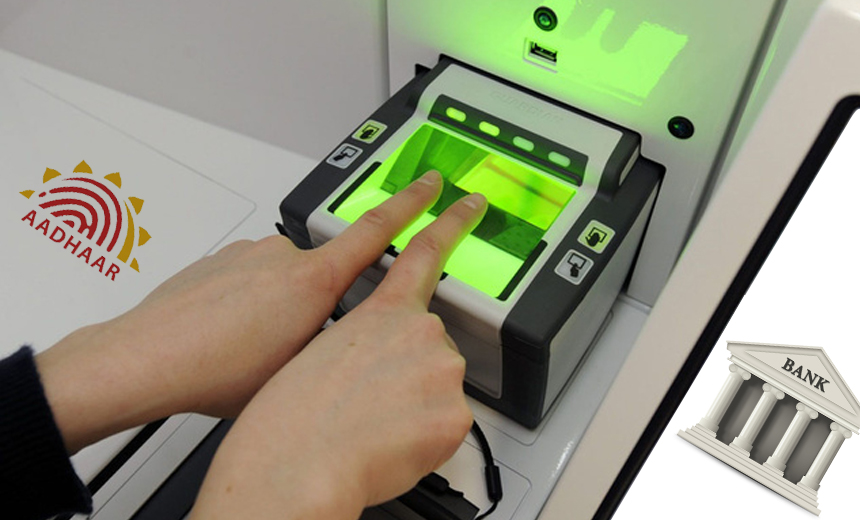Aadhar authentication may be allowed by the Centre for delivery of the social welfare benefits by government entities to ensure ”good governance” and for “prevention of extravagance of welfare benefits” to the people, a government order has said.
Till now, Aadhar number was allowed for delivery of social welfare benefits under some programmes such as Public Distribution System by the government. However, for delivery of the benefit such as food grains under the public distribution system or money under pension schemes, Aadhaar authentication was not needed.
However, this could be replaced with the new rules called Aadhaar Authentication for Good Governance (Social Welfare, Innovation, Knowledge) Rules, 2020.
“The Central government may allow Aadhaar authentication by requesting entities in the interest of good governance, preventing leakage of public funds, promoting ease of living of residents and enabling better access to services for them,” the rules notified by the ministry of electronics and information technology on Wednesday said.
However, ”This move can result to expunction of the poor from getting benefits of the various social welfare schemes without putting any check on corruption and leakages from these schemes”, said Social welfare activists.
”There are so many evidences that shows Aadhar has led to the expunction of poor people in disbursement of subsidised ration in Jharkhand, Odisha and Bihar. The decision could lead to further exclusion as in rural areas there is very poor connectivity and biometrics of many people don’t work,” said ReetikaGhera, a development economist working at Indian Institute of Technology, Delhi.
In 2019, Abdul Lateef Jamil Poverty Action Lab (J-PAL) study done in 10 districts of Jharkhand by economist Karthik Muralidharan had found that the Aadhaar seeding in the PDS had led to many genuine persons getting excluded from the PDS scheme without very little benefit of plugging food grains leakages.
Between 2016 and 2018, Out of total ration cards about 6% were cancelled in these 10 districts, as they could not be linked to Aadhar. However, after a lot of hue and cry by activists, physical verification of ration card holders was done and many ration cards were restored’’.
The aim behind the order is to ensure that “genuine” beneficiaries get benefits of the government schemes in real-time without any delay, Said, A Central government official privy to the development. “Authentication will more helpful in plugging leakages, if any, in the schemes. The rules provide government agencies a framework to seek UIDAI’s authentication services,” the official said.
According to the rule authentication will be allowed for three purposes — to ensure good governance, prevention of dissipation of social welfare benefits and enablement of innovation and spread of knowledge. However, innovation and knowledge has not been defined in the rules.
Under the authentication mechanism, the UIDAI from its database verifies whether the Aadhaar number or biometric details given are of a particular person or not. The UIDAI server replies only in “Yes” or “No” without providing any demographic details of the person, whose identity is being verified. Through the Aadhaar seeding system, the verification is done through the department’s database, not Aadhaar.





